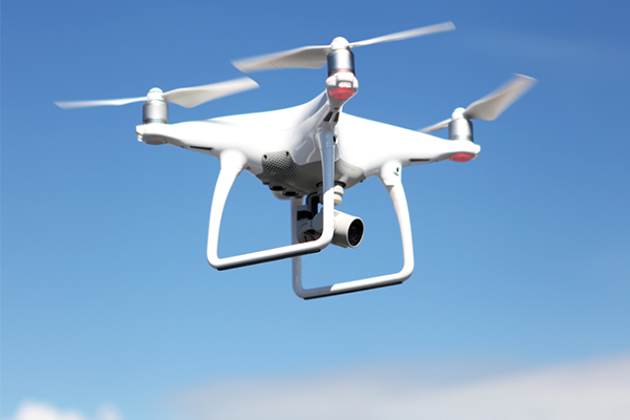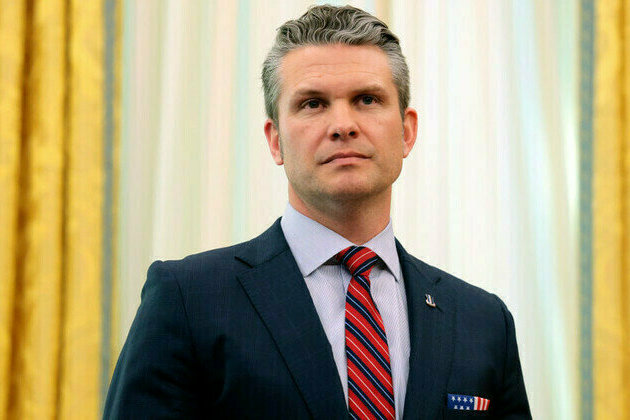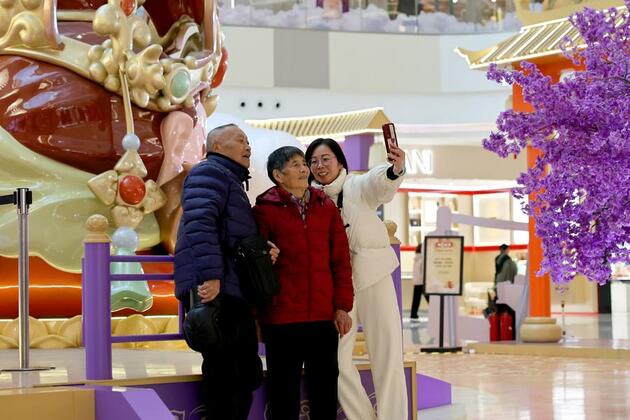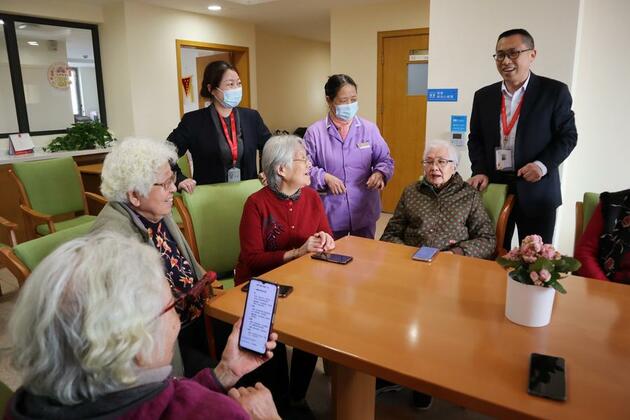How Should US Respond to a North Korean Nuclear Test
Voice of America
08 Jun 2022, 11:35 GMT+10
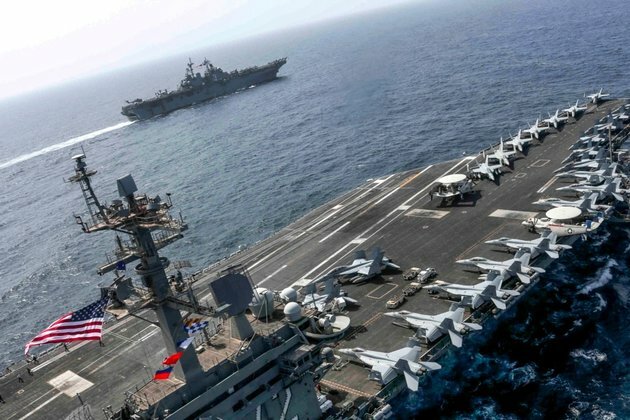
Washington - The United States has warned of 'a swift and forceful response' if North Korea conducts a nuclear test. Such a reaction, experts say, must include bolstering South Korean defenses while targeting Chinese and Russian entities and individuals supporting Pyongyang's weapons programs.
In Seoul on Tuesday, after meeting with South Korea's First Vice Foreign Minister Cho Hyun-dong, U.S. Deputy Secretary of State Wendy Sherman said, 'There would be a swift and forceful response' to a North Korean nuclear test.
At a meeting in Vienna on Monday, Rafael Grossi, director general of the International Atomic Energy Agency, said North Korea was gearing up for a possible nuclear test as one of the tunnel entrances had been 'reopened' at its Punggye-ri nuclear test site.
Signs of preparation for a nuclear test have been visible via satellite since March at Punggye-ri, which Pyongyang shut down in 2018 in front of foreign journalists invited to watch its dismantlement.


North Korea Shuts Down Nuclear Site
At a press briefing on Monday, State Department spokesperson Ned Price said the U.S. is concerned Pyongyang will conduct a nuclear test 'in the coming days.'
'It is a contingency we have planned for' with allies and partners, Price added.
Tensions have been mounting on the Korean Peninsula following Pyongyang's launch of eight short-range ballistic missiles on Sunday. It was Pyongyang's 18th round of weapons tests this year.
The U.S. and South Korean militaries responded by firing eight ballistic missiles on Monday and staging a show of force with fighter jet drills over the Yellow Sea, also known as the West Sea, on Tuesday.


US, South Korea Hold Massive Air Drill Following North Korean Launches
Counterstrategy
A North Korean nuclear test, which would be the country's seventh since 2006 and its first since September 2017, should be met by reinforcing defenses around the Korean Peninsula, experts said.
'It is imperative that the U.S. demonstrates strategic reassurance and strategic resolve, which it has been doing during this year of North Korean missile launches,' said David Maxwell, a senior fellow at the Foundation for Defense of Democracies.
President Joe Biden and South Korean President Yoon Suk Yeol agreed at their summit on May 21 to deploy strategic U.S. assets 'in a timely and coordinated manner as necessary' as well as 'to reinforce deterrence in the face of [North Korea's] destabilizing activities,' according to a joint statement released by the White House. Strategic assets include aircraft carriers and nuclear-powered submarines.
The two leaders also agreed to start discussions to expand joint military drills around the Korean Peninsula. Chinese and Russian bombers and fighter jets entered the Korea air defense identification zone in the Sea of Japan, approaching but coming short of violating South Korea's airspace, when Biden was in Tokyo after visiting Seoul on his Asian tour. China and Russia have also increased their military activities around Japan recently as well.
Lawrence Korb, a senior fellow at the Center for American Progress think tank and a former U.S. assistant secretary of defense, said Washington and Seoul should 'hold more military exercises and put a carrier task force and a ballistic missile submarine in the area to send a signal' to North Korea that any use of nuclear weapons will come with a price.
South Korea's military said on Saturday it had launched military drills with the U.S. in the waters off Okinawa, Japan, and that for the first time in more than four years, the exercises involved a U.S. aircraft carrier - in this case, the nuclear-powered USS Ronald Reagan, according to Reuters.
Under Yoon's predecessor Moon Jae-in, who promoted inter-Korean reconciliation efforts, large-scale joint drills, that Pyongyang sees as invasion exercises, were either scaled down or canceled.
Victor Cha, a senior vice president and Korea chair at the Center for Strategic and International Studies who led negotiations with North Korea under the George W. Bush administration, said that 'trilateral exercises' including Japan 'would also be useful to deter unilateral actions by China, Russia, or the DPRK' since 'the Korean and Japanese security theaters are interlinked.' Cha used the acronym for North Korea's official name, the Democratic People's Republic of Korea.
'If Russia and China are making air and sea incursions into South Korea or into Japan, that should be of concern to both countries,' Cha said.
Sanctions
Experts also said the U.S. should respond to any Pyongyang nuclear test by imposing unilateral sanctions on entities and individuals operating in China and Russia in support of North Korea's weapons programs.
Joshua Stanton, a Washington-based attorney who helped draft the North Korea Sanctions Enforcement Act of 2016, said North Korean leader 'Kim Jong Un's money-laundering networks have thousands of agents and front companies overseas.'
He continued, 'Many of them are in Russia and China, and most of them are controlled by entities that are already designated by the U.N. They must be blocked' from access to the international financial system.
China and Russia, as U.N. Security Council permanent members with veto powers, blocked a new U.S.-led resolution calling for more sanctions on North Korea at the United Nations on May 26.


China, Russia Veto US Push for More UN Action on North Korea
U.S. Ambassador to the U.N. Linda Thomas-Greenfield said at a May 31 press briefing that the U.S. would 'push for additional sanctions' if North Korea conducts a nuclear test.
Beijing and Moscow, however, are unlikely to pass another resolution on North Korea, experts say, even if the regime conducts a nuclear test, unlike in 2016 and 2017 when they voted in favor of U.N. resolutions in response to Pyongyang's fourth, fifth and sixth nuclear tests.
U.S. Special Representative for North Korea Sung Kim said on Tuesday via teleconference from Jakarta, Indonesia, that the U.S. was preparing for a U.N. General Assembly meeting on Wednesday where Beijing and Moscow will 'have an opportunity to explain why they vetoed the resolution' on North Korea.
If the Security Council remains stymied on North Korea, said Anthony Ruggiero, a senior fellow at the Foundation for Defense of Democracies, 'U.S. sanctions can be used to implement U.N. sanctions' by targeting North Korean, Chinese and Russian companies, individuals and banks that aid Pyongyang's sanctions evasion.
At the briefing on Monday, Price said the U.S. and 'our partners and allies have authorities that we can coordinate just as we work on defense and deterrence together with our partners in the region.' He was alluding to sanctions the U.S. could impose in coordination with other willing countries.
Doug Bandow, a senior fellow at the Cato Institute, said that other than unilateral sanctions that Washington tends to resort to as 'America's first response to North Korean provocations,' the Biden administration 'has no good options' after a nuclear test.
'Sanctions so far have not changed the North's policies and aren't likely to have any greater impact now,' he said.
Suzanne DiMaggio, a senior fellow at the Carnegie Endowment for International Peace, said, 'Now it appears we're about to enter a fraught period, and U.S. options are limited at best.'
 Share
Share
 Tweet
Tweet
 Share
Share
 Flip
Flip
 Email
Email
Watch latest videos
Subscribe and Follow
Get a daily dose of Japan Herald news through our daily email, its complimentary and keeps you fully up to date with world and business news as well.
News RELEASES
Publish news of your business, community or sports group, personnel appointments, major event and more by submitting a news release to Japan Herald.
More InformationAsia Pacific
SectionUS seeks global support to block China’s access to American chips
WASHINGTON, D.C.: Commerce Secretary Howard Lutnick said the Trump administration is asking companies and foreign governments to help...
Trump seeks delay in US Steel-Nippon legal fight, talks ongoing
WASHINGTON, D.C.: The Trump administration is seeking a delay in the legal battle between U.S. Steel and Nippon Steel over their blocked...
FAA to propose new rules for expanding drone deliveries
SEATTLE/WASHINGTON D.C.: U.S. Transportation Secretary Sean Duffy said last week that the Federal Aviation Administration (FAA) is...
Pentagon chief offers choice between war and defense
Pete Hegseth is conducting a poll among the public about renaming the agency he heads as the Department of War US Defense Secretary...
Cash, confidence, consumption: How China's policy kit fuels consumers' wallets?
Customers pose for a selfie in front of a Spring Festival decoration at a shopping mall in east China's Shanghai, Jan. 28, 2025. (Xinhua/Fang...
AI brings golden opportunities for China's silver-haired generation
Elderly residents gather to learn the popular AI model DeepSeek at a nursing home in east China's Shanghai on Feb. 26, 2025. (Xinhua/Tang...
Business
SectionData center safety system nearly sparked US power crisis
BOSTON, Massachusetts: A routine safety mechanism at data centers nearly triggered a regional power crisis last summer, highlighting...
Air France unveils luxury first-class suite to lure elite travelers
PARIS, France: Air France is making a bold bet on luxury travel with the launch of an upgraded first-class suite, aiming to attract...
US homebuilding, manufacturing jump in February, but tariff costs loom
WASHINGTON, D.C.: U.S. home construction and manufacturing activity surged in February, but rising costs from tariffs and economic...
U.S. stock markets end marginally higher at week's-end
NEW YORK, New York - Uncertainty continues to plague investors on Wall Street with Friday's trading being volatile and weak. The major...
US factory output rises in February, led by auto rebound
WASHINGTON, D.C.: U.S. factories ramped up production in February, with a sharp rebound in motor vehicle output helping to drive manufacturing...
Israeli government asks Musk to submit tender on vehicle-provisioning
Elon Musk's Teslas' are in the running to take over the transport of Israel's government officials. Musk's company, Tesla Inc., has...



